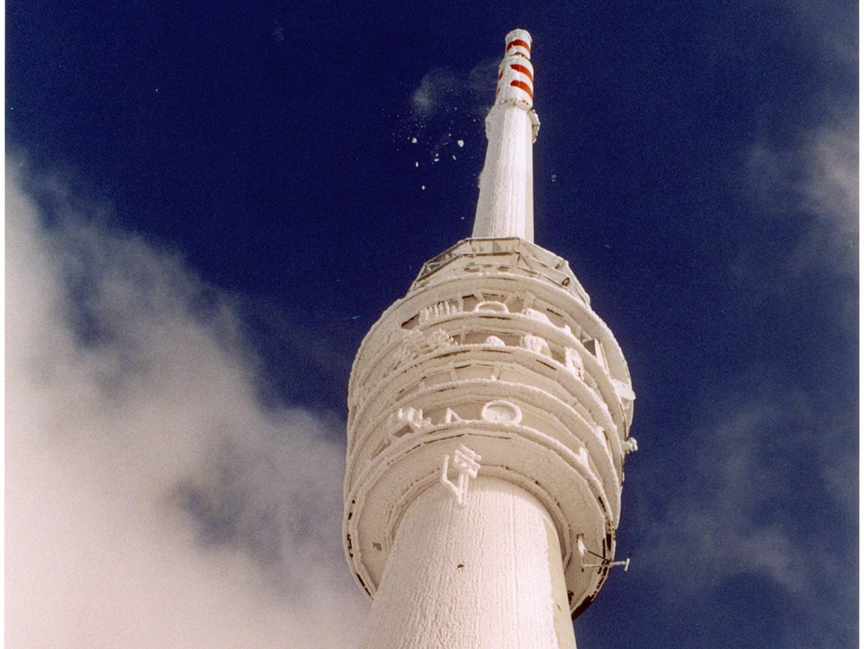BBC to trial new digital radio and expand DAB
First time medium wave format is used in UK

The BBC will debut a new type of digital radio to the UK with a trial in Devon. Digital radio mondiale (DRM) uses the medium wave band and could offer higher quality radio over greater distances.
It differs from DAB (digital audio broadcasting) in that it uses MPEG4 as its codec, a more efficient compression technology than the MPG2 codec used by DAB.
Due to the size of the medium wave band, DRM could also offer addition services to compliment radio broadcasts, such as text information and images.
The BBC has been involved with the development of the technology and already uses it to broadcast the World Service on medium wave in West Europe and North Africa.
An audience will be recruited from listeners of Radio Devon and users of bbc.co.uk/devon . They will be given radios which are capable of receiving DRM as well as the FM and DAB transmissions.
The year-long trial starts at the end of April and will be focused on the Plymouth area. The trial is a joint project with National Grid Wireless .
The BBC also announced it is expanding the range of DAB radio's coverage by building a further 10 new transmitters. They will be for the following regions: Glasgow and Gwent, Northumberland and Nottinghamshire, and Suffolk and the South Downs.
Get daily insight, inspiration and deals in your inbox
Sign up for breaking news, reviews, opinion, top tech deals, and more.